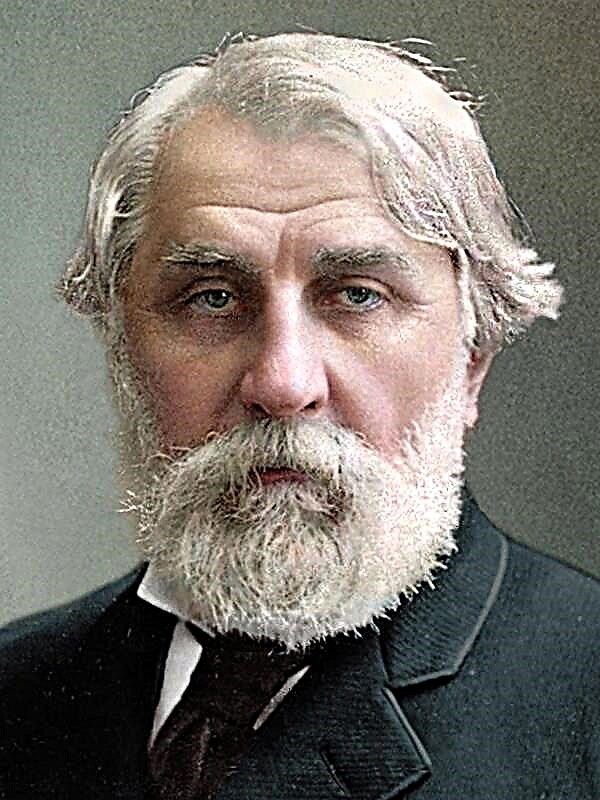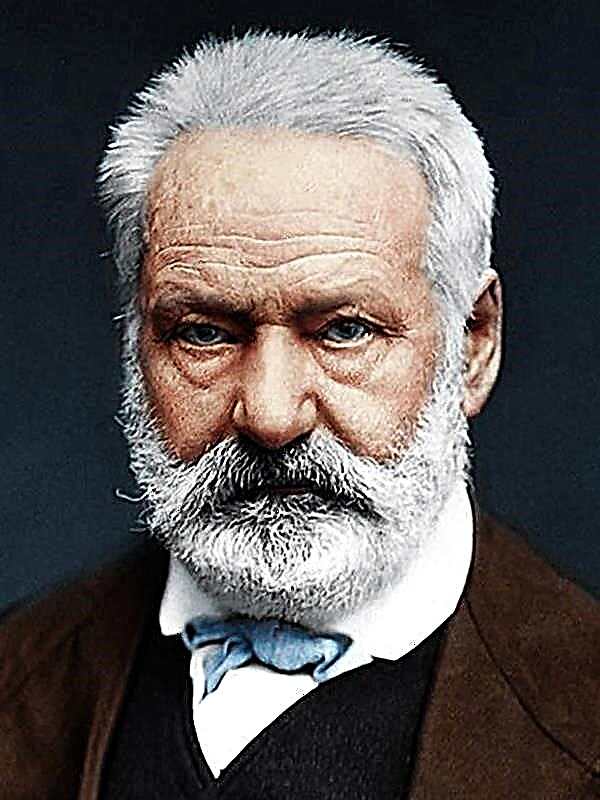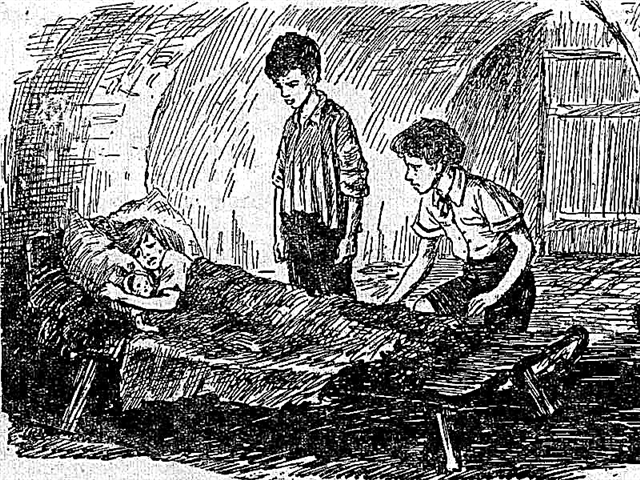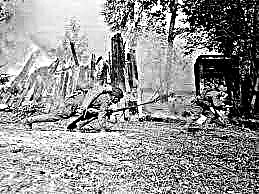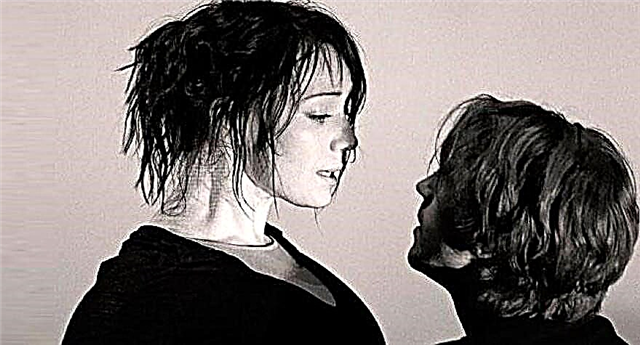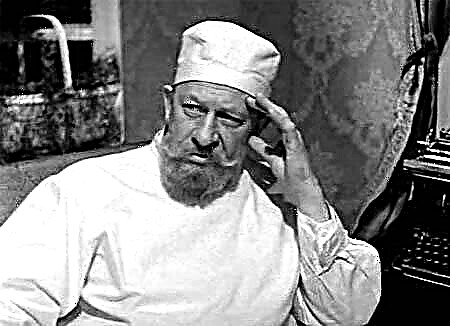(318 words) Sergey Yesenin - “the first poet of the village”. In his poems, the reader can always smell the birches, feel the rustle of grass under his feet. The village is the main source of inspiration for the poet. So, the beloved rural landscapes are also reflected in the work in which the lyrical hero raises philosophical questions - “I do not regret, I do not call, I do not cry.”
A poem filled with regret over past mistakes, filled with bitterness, Yesenin wrote at only 26 years old. In 1921 (the date of writing the poem “I do not regret, I do not call, I do not cry”), the poet already summed up the time he spent on earth. It is no coincidence that we are reading the lines of an elderly person. Yesenin had to go through many difficult events in his life, he witnessed cruel scenes, several revolutionary upheavals occurred before his eyes in Russia. At 26 years old, he already felt that he had become obsolete “his term”, having lost interest in life.
The work of Sergei Yesenin never proceeded in line with one specific literary trend. The most fully describes the poet's style of the "golden log cabin" is a term that appeared in the 1910-1920s. - "New peasant poets." In the analyzed poem, one can often see rural landscapes, images of the village. The lyrical hero experiences the brightest, most sincere feelings for nature.
The genre of the poem "I do not regret, do not call, do not cry" - elegy. The lyrical hero reflects on lost youth, on the transience of life. He sadly accepts the inevitability of his departure, realizes that it is impossible to stop time. The poem is written by five-footed iambic, rhyme - cross.
The poem consists of five quatrains. In the first four, the lyrical hero is plunged into memories: he realizes that his heart was different before, that the fire in his eyes disappeared, and his youth irretrievably passed. Life imperceptibly flashed past him, the previous excitement disappeared. In the final quatrain, the lyrical hero expands the boundaries: he already discusses all of humanity, about corruption. The hero admits that we all will inevitably leave, all that remains is to be grateful for the fact that we had to "process and die."
I really liked this work, because in it I discovered the source of wisdom. All the poet’s thoughts resonated in my heart and helped me unravel the tangle of internal contradictions at an hour when it was really necessary.



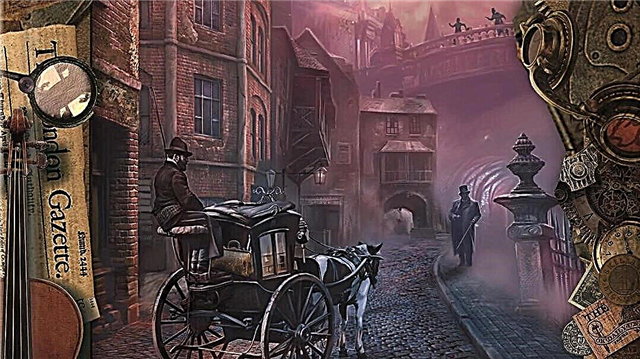
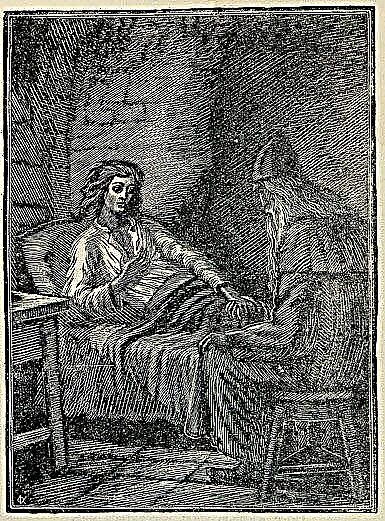
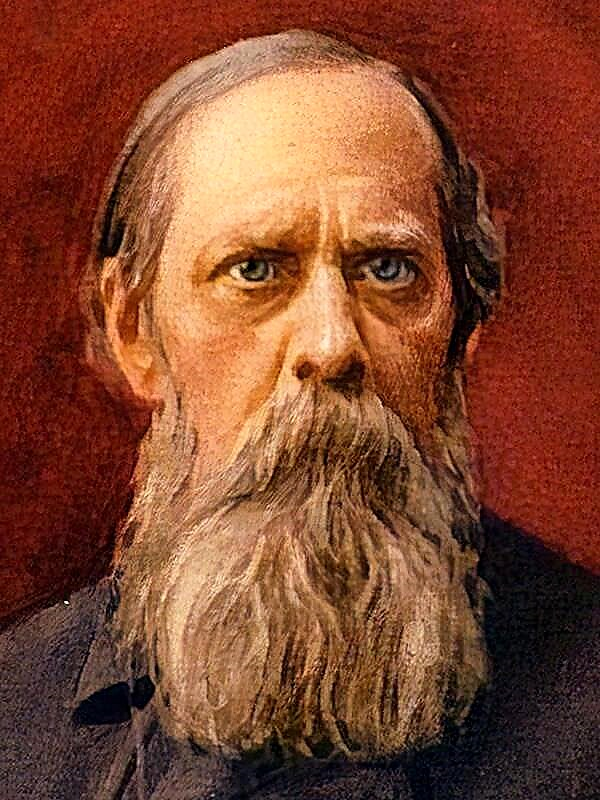 Fairy tales
Fairy tales